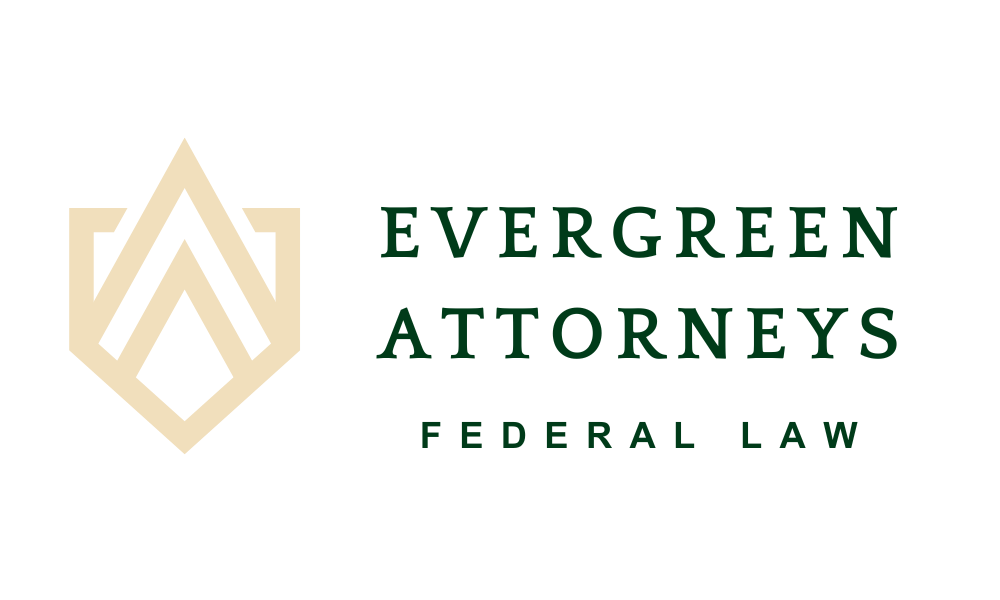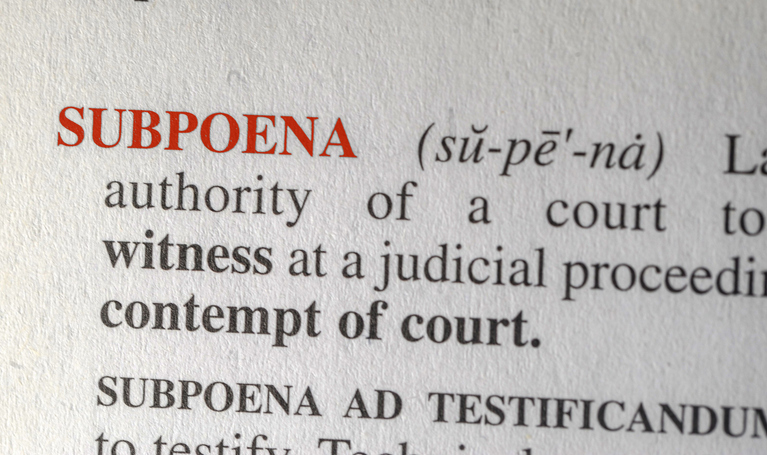Share
Share

What is a Civil Investigative Demand (CID)?
The Denver white collar criminal defense team at Evergreen Attorneys break down everything you need to know about Civil Investigative Demands in this article. Contact Evergreen Attorneys today by calling (303) 948-1489 or emailing Zachary Newland at [email protected] for a confidential consultation.
Under ‘CID’ge:
What You Need to Know Before You Respond to a Civil Investigative Demand
What is a Civil Investigative Demand?
A Civil Investigative Demand (CID) is a tool used by government agencies to investigate potential violations of laws and regulations. Similar to a standard subpoena, a CID aims to gather and obtain evidence. Unlike a subpoena which is often issued in the course of ongoing litigation, a CID is an administrative order that operates before any lawsuit is filed.
Purpose of a Civil Investigative Demand
- CIDs are issued to compel an individual or entity to produce documents, answer written questions, or provide oral testimony.
- These orders are used to preemptively uncover evidence of illegal activity. By obtaining relevant documents and testimony early in the investigative process, courtroom actors can determine whether sufficient grounds exist to proceed with formal legal action.
- Because these tools do not require prior judicial approval, CIDs can pose a significant advantage for investigators to efficiently gather relevant information.
Who Issues Civil Investigative Demands?
- CIDs are typically issued by state attorneys general or federal agencies including:
- These demands are often associated with investigations involving racketeering (RICO), antitrust violations, consumer protection laws, fraud, and other regulatory concerns.
What Can a CID Require?
- A recipient of a CID may be compelled to:
- Produce Documents: Business records, financial statements, contracts, email communications, and other relevant documents may be requested by a CID.
- Answer Written Interrogatories: A CID recipient may be compelled to answer detailed questions related to the subject matter of the investigation.
- Provide Oral Testimony: Individuals, including business owners and employees, may be issued to provide sworn statements covering matters of the investigation and other requested information.
Enforcement and Consequences of Non-Compliance:
- Ignoring or failing to comply with a Civil investigative demand can lead to severe consequences, including:
- Legal Enforcement Actions: If non-compliant, a CID recipient may be compelled to comply with the request through court intervention. If continued legal efforts are still unmet, a court may impose fines, penalties, or contempt of court.
- Adverse Legal Inferences and Potential Damage to Reputation: When a business fails to respond to a CID, courts may interpret non-action as obstruction or bad faith. It is generally advisable not to ignore a CID, but a response plan requires complex legal counseling. At Evergreen Attorneys, our team is equipped to provide tailored legal advice, ensuring that you navigate a CID strategically and efficiently.
Differences Between a CID and a Subpoena
- Issuing Party:
- A CID is issued by a government agency conducting an investigation (DOJ, FTC, CFPB), while a subpoena is typically issued through ongoing litigation or by grand jury request.
- CIDs do not require prior court approval and can be used by federal agencies at their own discretion.
- Purpose and Scope:
- CIDs may be more broad and exploratory than subpoenas, which often focus on obtaining evidence for an existing case with a pointed direction.
- Enforcement:
- Failure to comply with either demand can result in court-ordered enforcement actions, but CIDs can carry unique additional administrative penalties.
Confidentiality: Will a CID Appear as a Public Record?
- Documents produced in response to CIDs and subpoenas are typically kept confidential and used only for investigative purposes.
- While the subject matter produced with both tools is often privileged information, a key difference lies between CIDs and subpoenas: a CID itself is not typically released as public information, whereas subpoenas may be included in public records if filed with a court.
Civil Investigative Demand Lawyers: Evergreen Attorneys
How Can Evergreen Attorneys Help?
Receiving a civil investigative demand from the federal government can be overwhelming. The team of experienced litigators at Evergreen Attorneys understands the weight of this legal tool. If you are the recipient of a CID, time is of the essence. Our attorneys can assist with reviewing and analyzing CIDs to possibly limit the scope of requests and safeguard your business and personal interests. Contact us today for a free consultation. Call us at (303) 948-1489 or email us at [email protected].
Zachary Newland
Zachary Newland is an attorney, author, aspiring BBQ connoisseur, and mediocre skier. Zachary's law practice is focused on federal criminal defense, federal appellate advocacy including post-conviction remedies, civil rights litigation, and complex trial work. Zach lives in Evergreen, Colorado with his family. You can reach Zach at [email protected] to discuss your case or call him directly at 303-948-1489.
STAY IN THE LOOP













